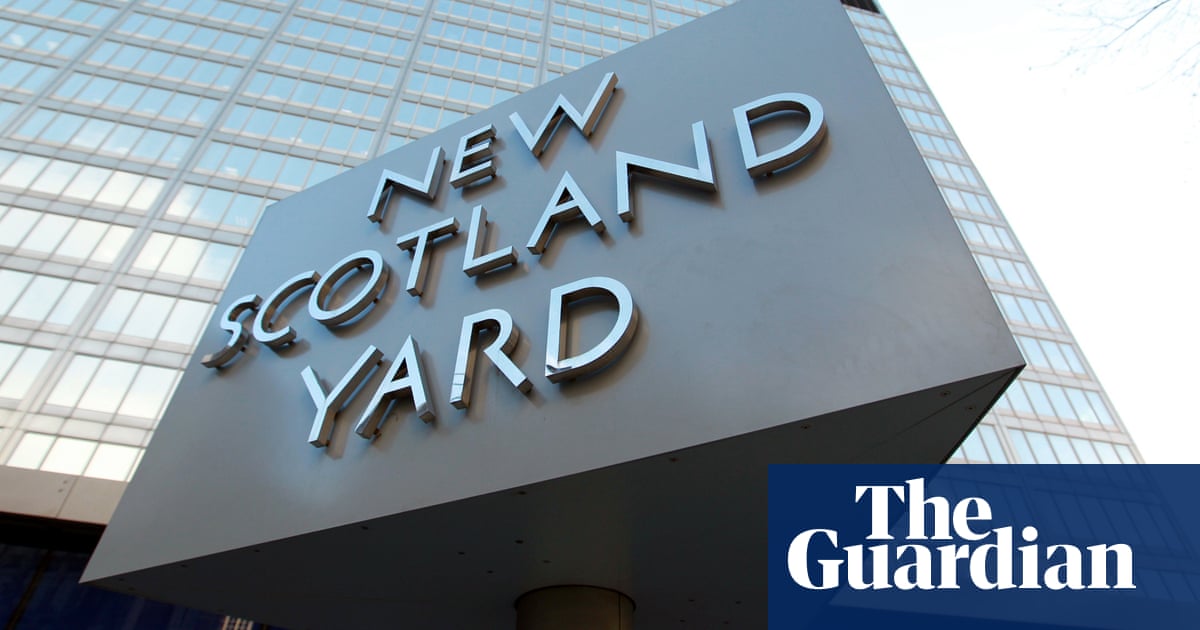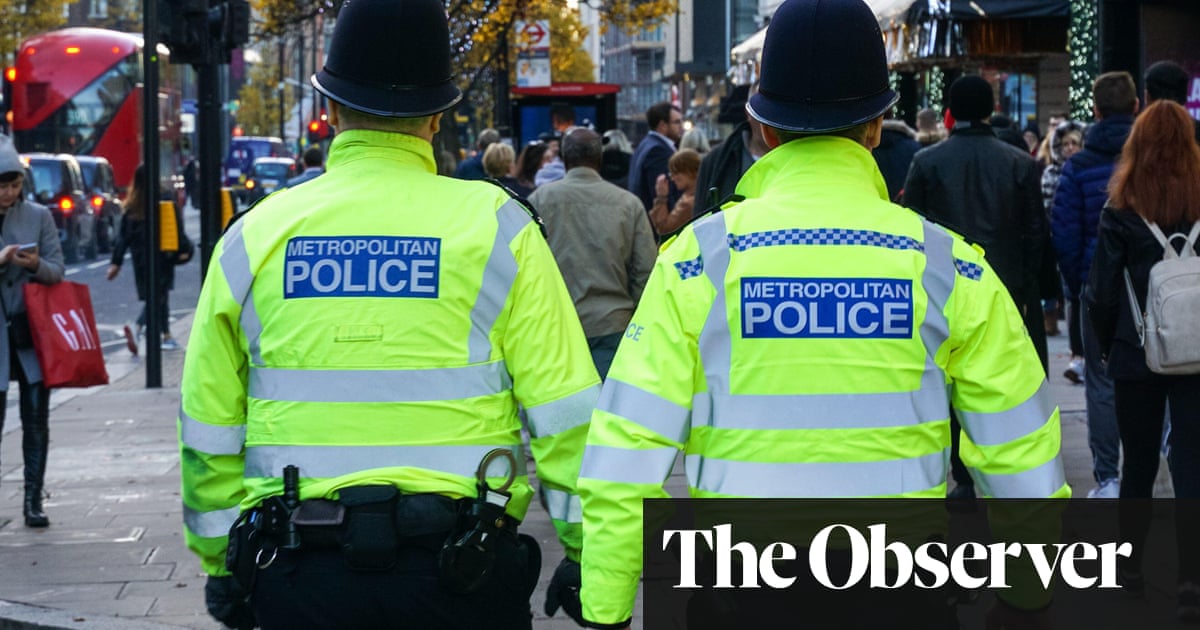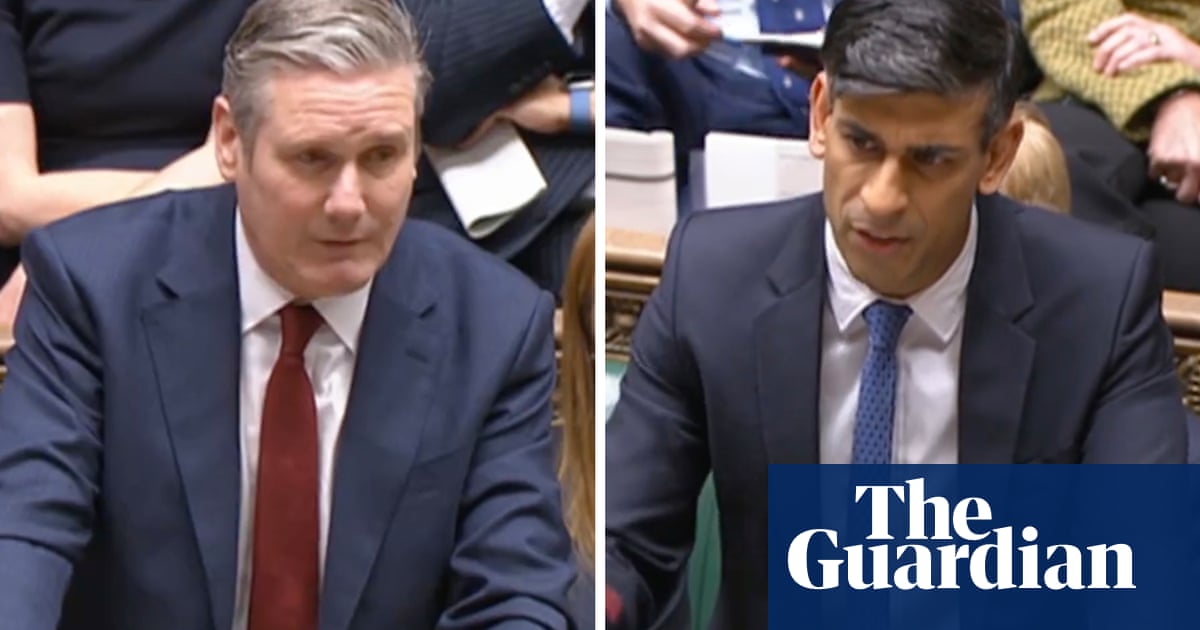
The Metropolitan police have been accused of “surrendering” to the killer behind an unsolved arson attack that took the lives of an Asian woman and her three children.
One former Met officer who reinvestigated the 1981 fire in east London said he feared prejudice and incompetence plagued the original murder investigation and that Britain’s biggest force had given up the hunt for the person responsible.
The attack happened in Walthamstow in July 1981 amid a series of arson incidents targeting Asian homes. Residents believed it was a racist hate attack, but this was disputed by police at the time and no one has been convicted.
The atrocity will be highlighted in a Channel 4 programme on Wednesday as part of a series called Defiance charting Britain’s Asian community’s struggles against far-right hate. There are calls for the Met to apologise and restart the hunt for the killer.
Forensic evidence showed petrol was squirted through the letter box of the house on Belgrave Road in Walthamstow at between 2am to 3am, soaking the hallway carpet. It is believed it was then lit by someone outside. The fire started at the bottom of the stairs and then “balls of flame” swept upstairs.
Parveen Khan and her three children, aged two to 11, died of smoke inhalation. Her husband, Mohammed Yunus Khan, then 45, leapt from an upstairs bedroom window, suffering severe burns.
The former Met detective sergeant Shaf Mogul was part of a reinvestigation of the case. He told the Guardian that the files showed the original investigation was “a botch-up” with police convincing themselves that the husband, the only surviving victim, was their main suspect and refusing to believe hate could be a motive for the attack. But tests of his clothes showed no contact with petrol.
He said: “Routine inquiries were missing, such as door to door inquiries, and local petrol stations were not visited. They concentrated on the husband. The forensics said that petrol was inserted through the letter box and lit from outside. They closed their eyes to the forensic evidence. It was solvable. If they had looked at the evidence then the culprit could have been caught.”
Mogul said that before retiring in 2004, he submitted a report on the case to Scotland Yard that said a potential suspect could be identified.
Mogul believes it was a hate attack driven by opposition to a local synagogue being replaced by a mosque. The former detective believes the suspect lived in the area and mistakenly came to believe that an imam lived at the Khan’s address. Mogul said of the Met: “They owe the Khan family an apology.”
Khan’s daughter from his second marriage called for a new police murder investigation. Sumayya Khan, 40, lost her father when she was six months old, in 1984, three years after the arson attack.
She said the emotional and physical wounds he suffered may have contributed to his death at the age of 48. She said: “I feel that there is enough to reinvestigate the murders. He never really got over it, physically or emotionally.”
Don Gibson, a former Met detective chief superintendent who covered Walthamstow at the time, told Channel 4: “We have a man who escapes from a fire, and his children and his wife do not. How do you know he did not want to get rid of his wife, dissatisfied with her, fed up with the kids? I would never have left my children to die in the flames.”
According to figures compiled by local firefighters, in the two years before the arson attack on the Khan house, in the Walthamstow area alone there had been 15 suspicious fires at Asian homes.
By September 1981, just three out of 27 alleged racist murderers that had taken place since 1976 across the UK had been solved, according to figures compiled by Asian groups.
In two interviews with the Guardian after surviving the attack, Khan said he believed it was motivated by racism, and in 1982, with the Met inquiry wound down, he said: “They seem to have given up.”
An inquest recorded verdicts of unlawful killing for Parveen Khan, and her three children, Kamran, 11, Aqsa, 10, and Imran, two. She was pregnant at the time and her unborn child also perished.
Mogul said in the 1980s the Met was riven by virulent racism: “It was overtly racist and that came down from high-ranking people. The P-word and N-word were used frequently and openly.”
A Metropolitan police spokesperson said: “The Met would welcome contact from any individual who has new information in relation to this case, which will be assessed with care and scrutiny.”












